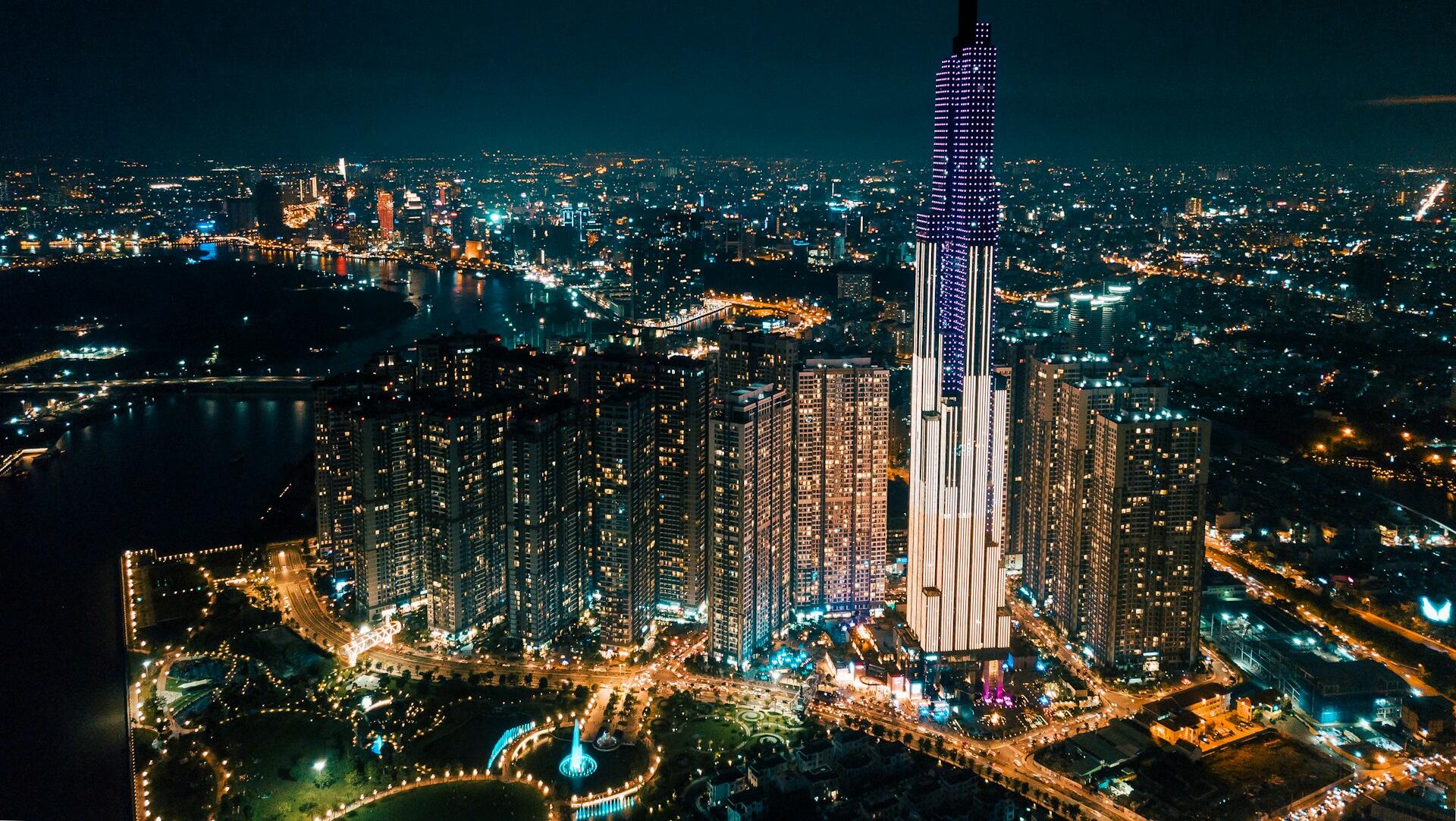Vietnam's residential property market is experiencing a significant boom. The market size is estimated at US$25.26 billion in 2024 and projected to reach US$45.62 billion by 2029, according to Knight Frank’s report cited in VietnamPlus.
This is growing at a 12.55% CAGR, The Asia-Pacific Horizon Report Part 4: “Quality Life-ing: Mapping Prime Residential Hotspots” indicates. This rapid growth is driven by strong economic performance, rapid urbanisation, and favorable government policies that have made it easier for both local and foreign investors to enter the market.
The growth potential for homes and high-end apartments is particularly promising. In major cities like Ho Chi Minh City and Hanoi, the average selling price for high-end apartments ranges from US$5,400 to US$15,000 per square metre, aligning with global markets but offering significant growth potential. Infrastructure development, including highways, metro systems, and airports, enhances connectivity and property values in emerging urban areas.
However, the market is not without its challenges. Affordable housing demand remains high, and supply is scarce in this segment. This has led to a shift towards satellite provinces like Binh Duong and Dong Nai, where future supply is expected to meet growing demand. Additionally, the luxury segment is seeing a surge in demand from High-Net-Worth Individuals (HNWIs) and expatriates, driven by Vietnam's strategic location and economic growth.
Government reforms have played a pivotal role in boosting the market. Easing foreign property ownership regulations and creating a more investor-friendly environment have attracted significant foreign direct investment (FDI) and international buyers. This has positioned Vietnam as a prime destination for luxury real estate investment. Districts in Ho Chi Minh City and Hanoi have become hotspots for local and international investors.
Vietnam's residential property market is on a strong growth trajectory, with significant potential for both homes and high-end apartments. Vietnam's economic growth, urbanisation, and favorable policies make Vietnam an attractive destination for real estate investment. However, addressing the demand for affordable housing and managing the luxury segment's growth will be crucial to sustaining this momentum.
